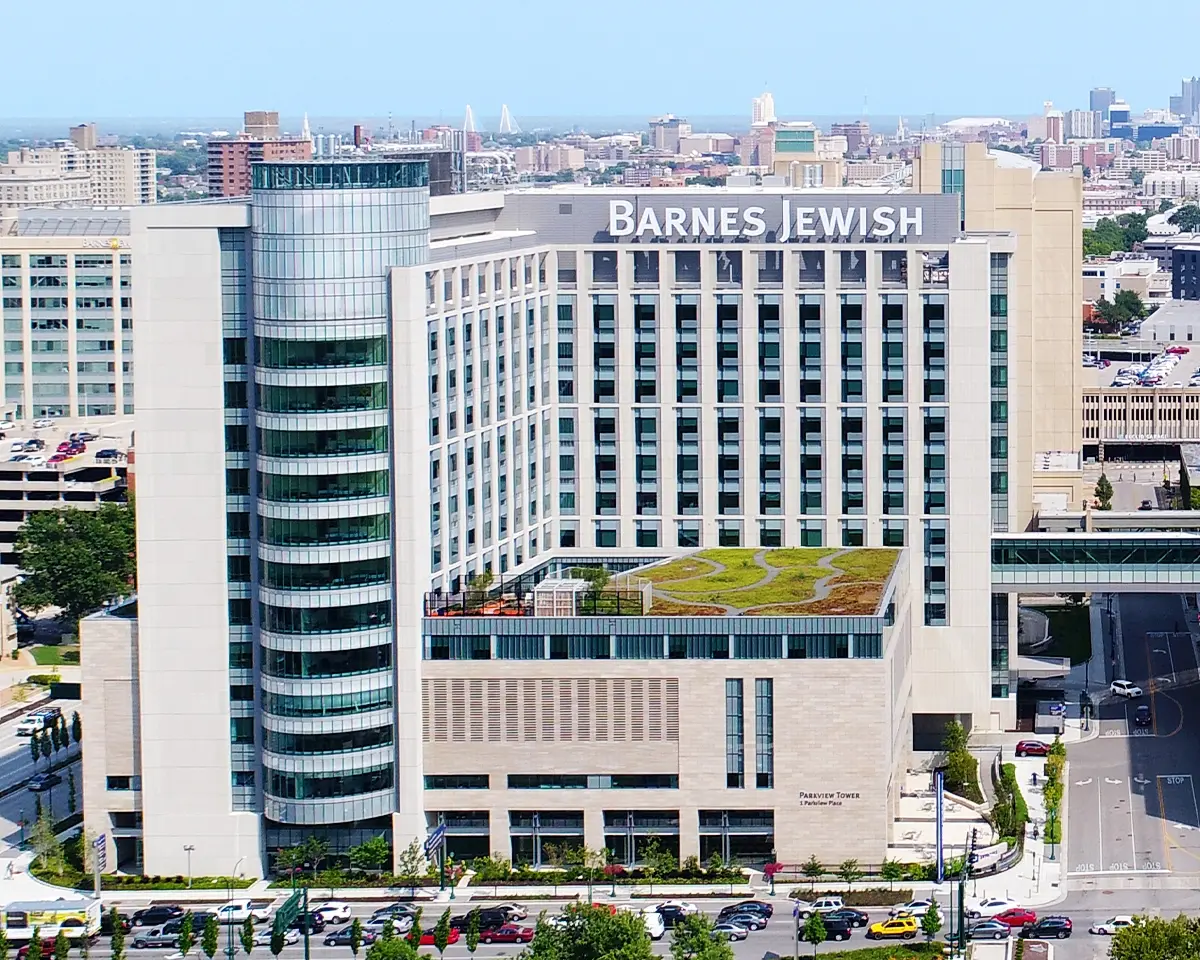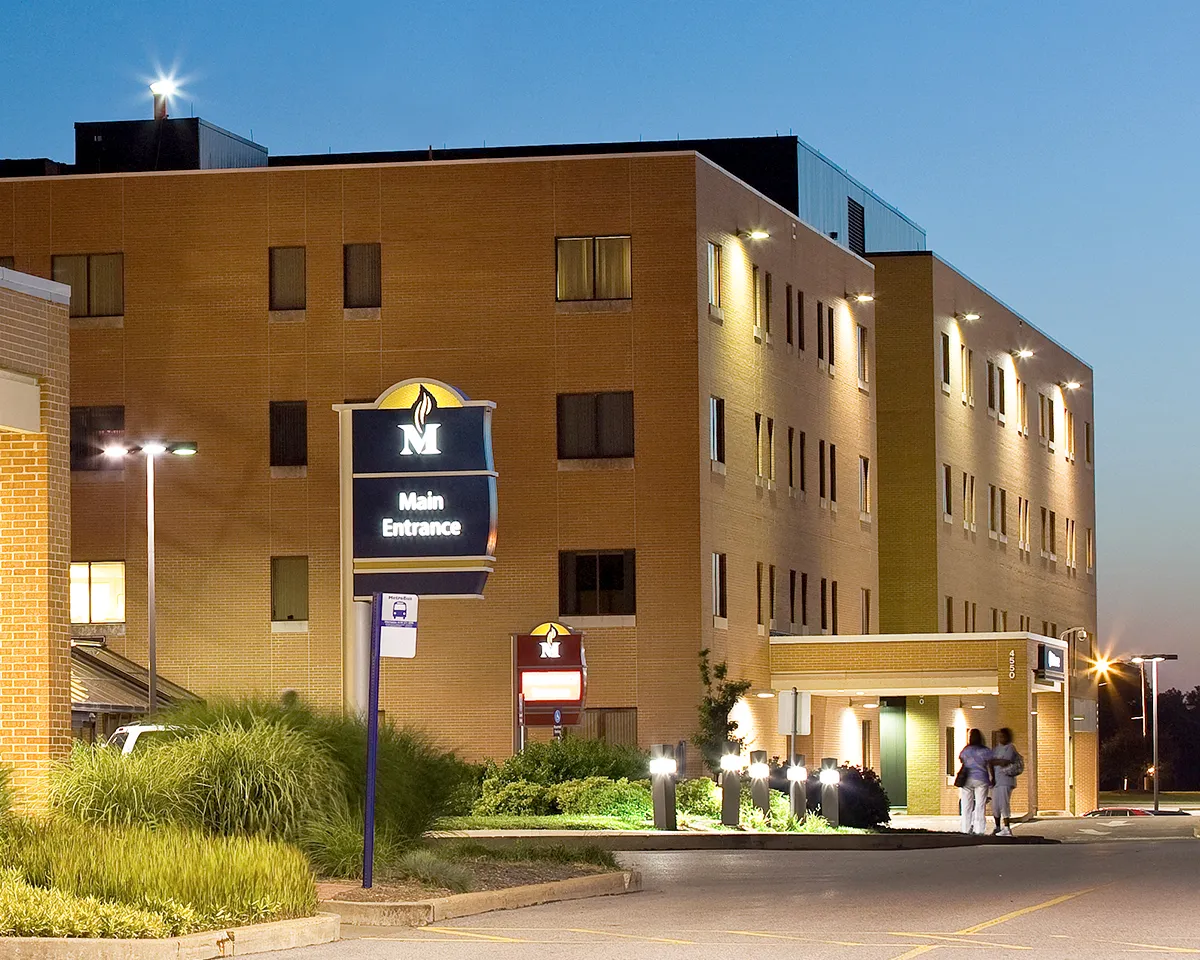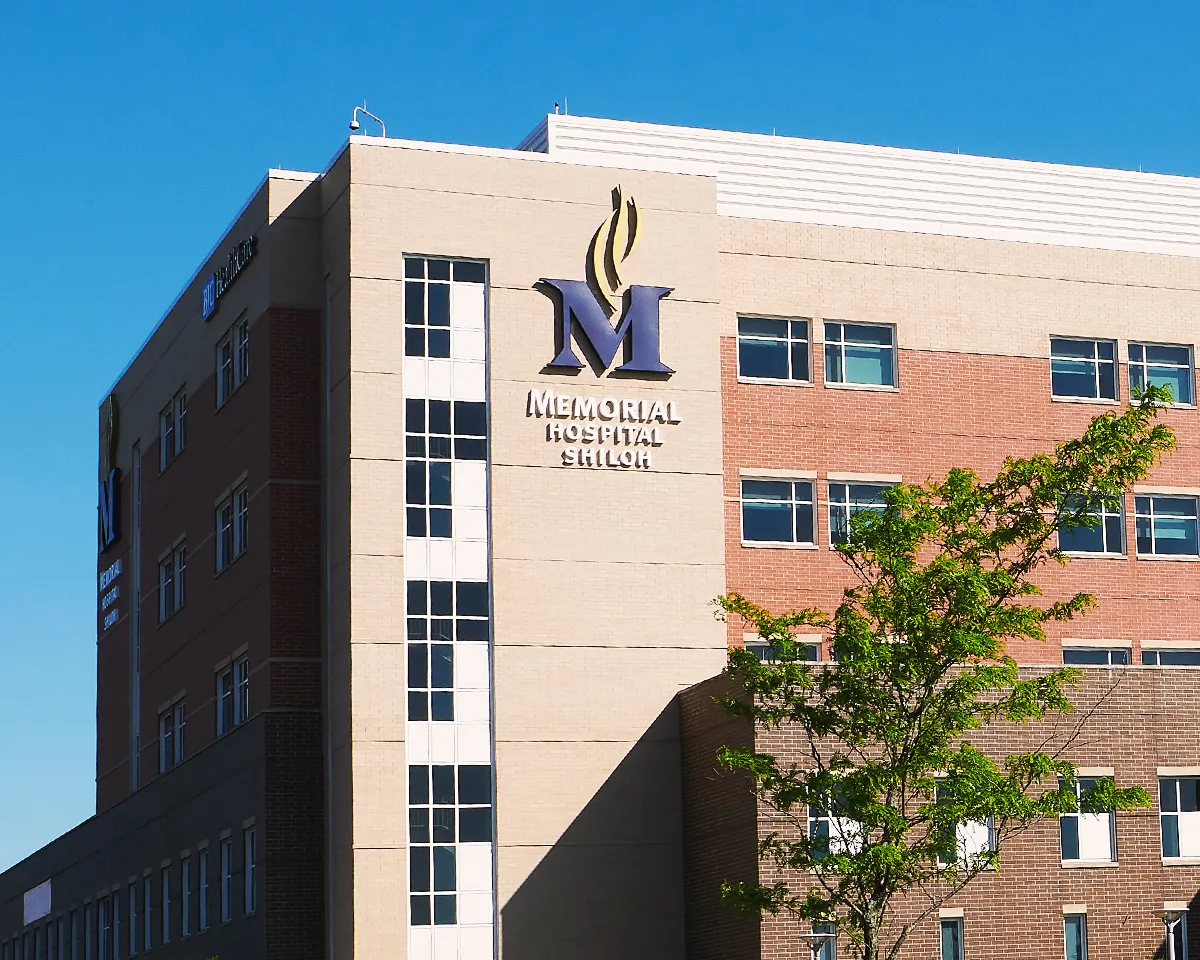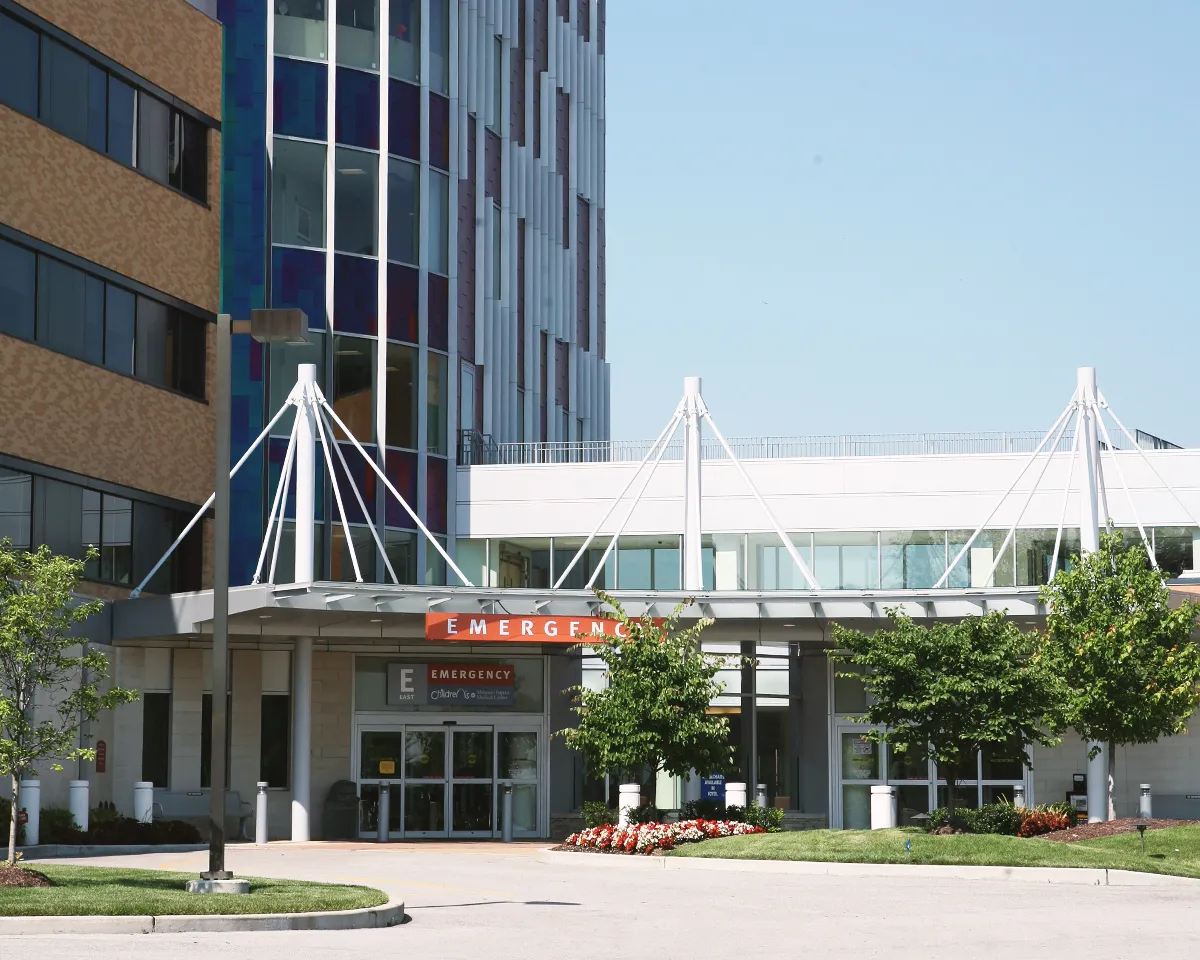Nerve Injuries
When you choose us you benefit from team-based, compassionate care. Our neurosurgeons work with plastic and reconstructive surgeons, neurologists and therapists to offer comprehensive treatment for nerve injuries and disorders in adults and children.
BJC HealthCare works with Washington University physicians, BJC Medical Group, and providers across the region to deliver extraordinary care. Your nerves are responsible for multiple functions, including motor signals, sensory functions and regulating body processes such as digestion and blood pressure. A nerve injury or condition can significantly affect your quality of life. We offer a range of nerve injury treatments, including the most advanced techniques available for severe nerve injuries.
We offer:
Research-based treatments: Our team includes physicians who are pioneers in nerve surgery. These surgeons have developed a variety of techniques to reroute healthy nerves to areas of the body left paralyzed by damaged nerves. You receive treatment from a team of leading-edge experts.
Trigeminal neuralgia care: Our neurosurgeons are the only specialists in the St. Louis region that offer the full spectrum of microvascular decompression, Gamma Knife and percutaneous procedures for trigeminal neuralgia. In fact, our system includes the only hospital in the region that offers Gamma Knife radiosurgery technology to treat this condition.
Advanced techniques: We offer the most advanced methods for nerve treatment, including nerve regeneration, nerve grafting and nerve transfer. These surgeries offer groundbreaking options for patients with very severe nerve injuries.
Peripheral nerves are the nerves that carry simple commands from your brain to your legs, arms, hands and feet. They enable you to perform basic activities such as bending your elbow, buttoning a shirt and stepping forward.
Multiple syndromes and injuries can affect the peripheral nerves, including:
- Brachial plexus injuryDamage to the nerve bundle supplying movement and sensation to the arm occurs when something forcefully pulls the arm, like in a motorcycle accident.
- Carpal tunnel syndromeYour median nerve, which travels through the forearm and wrist, becomes compressed, causing pain, numbness and tingling in your forearm and hand.
- Cubital tunnel syndromeThe ulnar nerve, which travels through the inside of your elbow, becomes compressed or inflamed, causing elbow pain, numbness or tingling.
- Glossopharyngeal neuralgiaYour glossopharyngeal nerve connects to your ear, throat, tongue and tonsils. Neuralgia may cause sudden episodes of severe pain in these areas.
- Lumbosacral plexus injuriesLumbosacral plexus nerves branch out from your spine to your lower back and limbs. Injuries to these nerves can cause leg weakness, tingling or numbness.
- Migraine headachesMigraines are sudden attacks of pulsing or throbbing head pain. Irritation to the trigeminal nerve, one of your facial nerves, can trigger a migraine attack.
- NeuromaA neuroma occurs when nerve tissue between your third and fourth toe thickens. This can cause pain, tingling or burning between your toes and the ball of your foot.
- Peroneal nerve entrapmentThe peroneal nerve is a branch of your sciatic nerve that runs down your outer leg below your knee. Compression of this nerve can lead to leg weakness, numbness or gait problems.
- Tarsal tunnel syndromeYour tibial nerve, which runs through the back of your ankle, becomes compressed. This can cause numbness, burning, tingling or shooting pain.
- Thoracic outlet syndrome (TOS)TOS is a group of rare conditions involving compression of the brachial plexus, a group of nerves and blood vessels that serves your arm and hand.
- Trigeminal neuralgiaThis chronic pain disorder causes sudden, sharp pain along one side of the face.
Trigeminal neuralgia causes sudden, extreme burning or shock-like face pain that lasts anywhere from a few seconds to two minutes. The intensity of the pain can be mind-numbing and physically incapacitating.
Some cases of trigeminal neuralgia respond to medications. If medicine doesn’t control symptoms, however, surgery may be an option. Our Washington University Neurosurgeons offer the full range of surgical options for trigeminal neuralgia, including:
Microvascular decompression
Gamma Knife radiosurgery
Percutaneous radiofrequency rhizotomy
 Barnes-Jewish Hospital
Barnes-Jewish Hospital Memorial Hospital Belleville
Memorial Hospital Belleville Memorial Hospital Shiloh
Memorial Hospital Shiloh Missouri Baptist Medical Center
Missouri Baptist Medical Center
Schedule your appointment
Call (314) 362-9355 or (800) 392-0936 to schedule your appointment with a specialist.